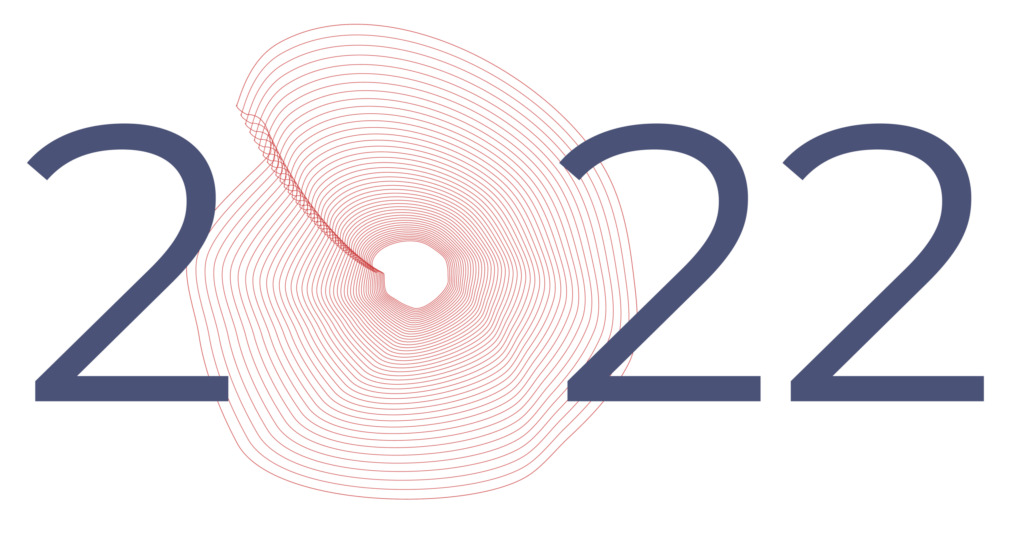Establishing the Psychedelic Research Center Consortium

Neşe Devenot
Postdoctoral Associate, Institute for Research in Sensing (IRiS)
Part of our Year in Review series
Given that the number of psychedelic research centres and institutes has grown drastically in the past few years, today’s cohort are increasingly focused on differentiating themselves from their peers. Neşe Devenot, however, is looking to increase collaboration between these centres, across both research and education. As founder of the Psychedemia conference, which prides itself on its interdisciplinary bent, Devenot is well-placed to take up this task.
In this short piece, Devenot shares an initiative that launched at Psychedemia 2022: the Psychedelic Research Center Consortium.
The first Psychedemia conference took place in 2012, at a time when Psychedelic Studies hadn’t yet formalized as an academic field. At that first conference, we advocated for the development of Psychedelic Studies as an interdisciplinary field that would integrate perspectives from across the sciences, arts, social sciences, and humanities. After ten years, the new Center for Psychedelic Drug Research and Education (CPDRE) held Psychedemia 2022 at The Ohio State University. Since that field is now a reality, the new conference was held to take stock of everything that happened in the last decade and to look forward to the years ahead.
Around the time that the CPDRE launched in early 2022, it seemed that new psychedelic research centers were announced every few weeks. Since so many new centers were coming online, we decided to take the opportunity to convene representatives of different centers at Psychedemia for the first Assembly of Psychedelic Research Centers. The Assembly met on the first day of the conference for a brainstorming session and reconvened the next day for the conference’s closing panel: “Charting the Future of Psychedelic Studies: An Assembly of Psychedelic Research Centers.”
Representatives from 10 centers participated, including the Berkeley Center for the Science of Psychedelics, Mount Sinai’s Center for Psychedelic Psychotherapy and Trauma Research, The University of Texas at Austin’s Center for Psychedelic Research and Therapy, University of Wisconsin-Madison’s Transdisciplinary Center for Research in Psychoactive Substances, UCSF’s Translational Psychedelic Research Program, the Johns Hopkins Center for Psychedelic & Consciousness Research, the University of Toronto’s Psychedelic Studies Research Program, Duke University’s Center for Integrated Psychedelic Science, the NYU Langone Health Center for Psychedelic Medicine, and OSU’s CPDRE.

While the panel discussed the different strengths and foci of each center, recurring themes included the importance of collaboration and peer review for both research and education, especially in the context of evolving standards and best practices. Although only some of the centers include education in their mission, there was broad recognition that education and research must necessarily develop in tandem. Since psychedelics were broadly stigmatized even a few years ago, educational opportunities grounded in the findings of rigorous research must set the stage for the developing practice in the field.
After Psychedemia, the Assembly evolved into a formal Psychedelic Research Center Consortium, which convened for the first time on November 7th. A subcommittee formed to draft a mission statement for the Consortium. Although the document is still in progress, key priorities included the facilitation of institutional coordination; the development of academic integrity standards and accreditation processes; the open sharing of course objectives and curricular materials; and upholding good science communication practices. The subcommittee advocated for supporting the preregistration of quantitative research plans along with the publication of study materials and de-identified data. These open materials will allow Consortium members to analyze data within the full trial context, repeat the work others have done, complete regulatory applications, and standardize study forms according to best practices, which will help build a rigorous and interdisciplinary evidence base.
Members from other Centers are invited to reach out to adams.2683@osu.edu to get involved at this early stage of planning. The video from Psychedemia’s Assembly panel is available here. The Psychedemia conference will reconvene in Columbus, OH on August 8-11, 2024.
Cite This Article
APA
Chicago
Harvard
MLA
APA
Devenot, N. (2024, February 10). Establishing the Psychedelic Research Center Consortium – Psychedelic Alpha. Psychedelic Alpha. https://psychedelicalpha.com/news/establishing-the-psychedelic-research-center-consortium
Chicago
Devenot, Neşe. “Establishing the Psychedelic Research Center Consortium – Psychedelic Alpha.” Psychedelic Alpha, February 10, 2024. https://psychedelicalpha.com/news/establishing-the-psychedelic-research-center-consortium.
Harvard
Devenot, N., (2024). Establishing the Psychedelic Research Center Consortium – Psychedelic Alpha [online]. Psychedelic Alpha. Available from: https://psychedelicalpha.com/news/establishing-the-psychedelic-research-center-consortium
MLA
Devenot, Neşe. “Establishing the Psychedelic Research Center Consortium – Psychedelic Alpha.” Psychedelic Alpha, 10 Feb. 2024, psychedelicalpha.com/news/establishing-the-psychedelic-research-center-consortium.
Part of our Year in Review series
This content is part of our 2022 Year in Review, which looks back at the past year through commentary and analysis, interviews and guest contributions.
Receive New Sections in Your Inbox
To receive future sections of the Review in your inbox, join our newsletter…


